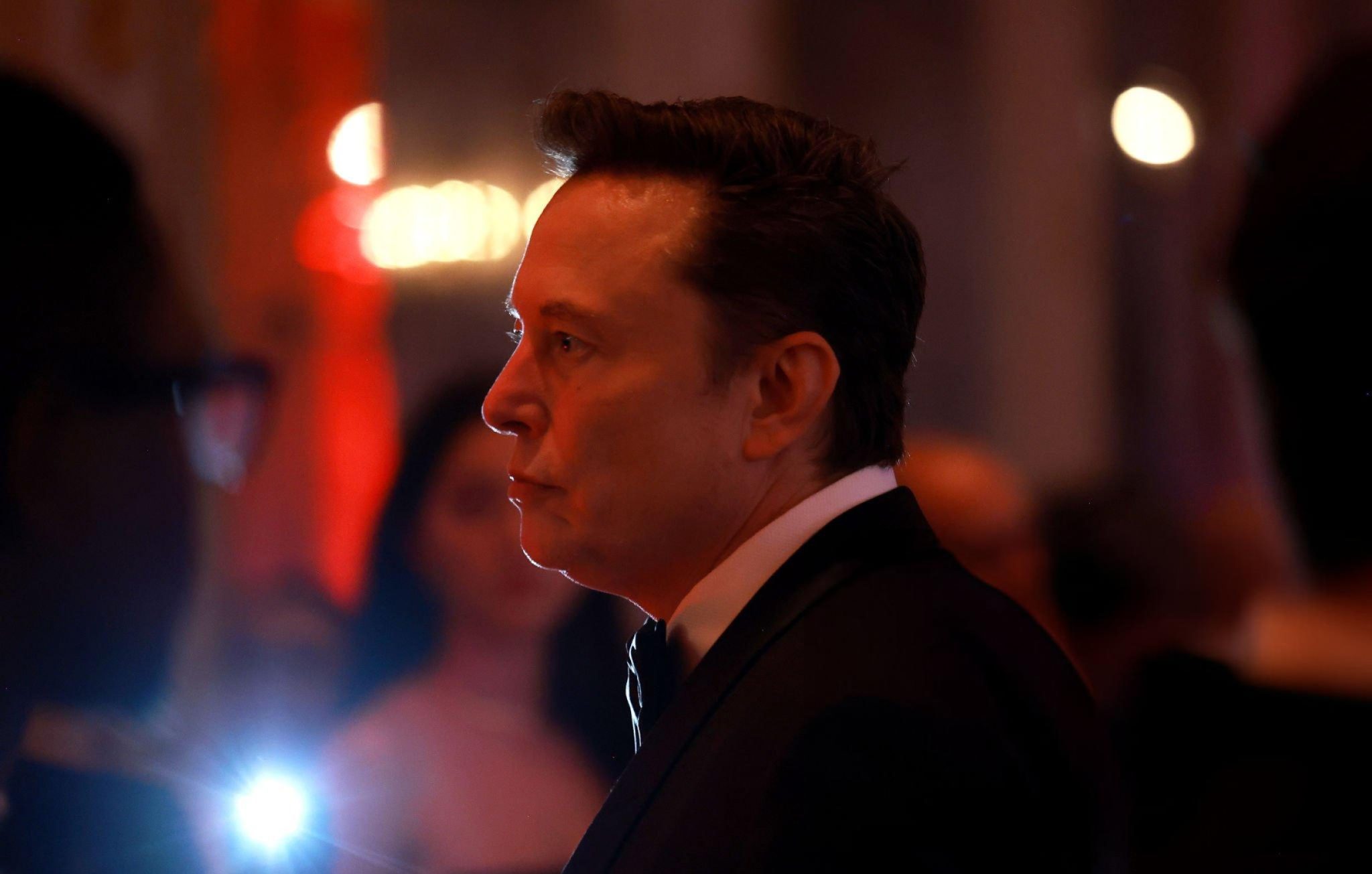Downing Street has dismissed claims by Tesla CEO Elon Musk that companies are losing interest in investing in the UK under Sir Keir Starmer’s administration. Musk’s remarks have sparked political debate, though the government has sought to deflect criticism while reaffirming its commitment to economic growth.
Musk’s criticism
Elon Musk, a prominent tech entrepreneur and owner of the social media platform X, took to the platform to suggest that “very few companies” are willing to invest in the UK due to the policies of the current government. His comments followed discussions about Tesla potentially building a new manufacturing plant in Scotland, a move Musk reportedly linked to economic uncertainties under the Labour administration.
Writing on X, Musk stated, “Very few companies will be willing to invest in the UK with the current administration.”
Downing street’s response
The Prime Minister’s official spokesperson rejected Musk’s assessment, pointing to the government’s recent efforts to foster investment and economic stability.
“I’m not going to kind of get into commentary on individual comments, but if you look at what’s happened since the election, you’ve seen the £63 billion of additional investment from the investment summit,” the spokesperson said.
The government emphasised its “unashamedly pro-growth and pro-business approach,” highlighting policy changes designed to address concerns about economic and political stability.
Musk’s rocky relationship with the UK
Musk’s relationship with the UK government has been turbulent, marked by disagreements over social media activities and public policy. In September, tensions escalated when reports emerged that Musk had not been invited to a high-profile investment summit due to his controversial online behaviour during summer riots.
At the time, Musk criticised the UK, alleging that it prioritised releasing convicted offenders over protecting free speech. He wrote, “I don’t think anyone should go to the UK when they’re releasing convicted paedophiles in order to imprison people for social media posts.”
During the summer unrest, Musk interacted with posts by figures like Stephen Yaxley-Lennon, also known as Tommy Robinson, and retweeted controversial claims, including a fabricated headline suggesting rioters would be sent to detention camps in the Falkland Islands.
Links to nigel farage and reform UK
Musk’s comments come amid rumours of his potential financial support for Nigel Farage’s Reform UK party. The tech mogul recently met Farage and Reform’s treasurer, Nick Candy, at Donald Trump’s Mar-a-Lago resort. Musk has been a vocal supporter of Trump’s policies and maintains close ties with the former US president.
Downing street avoids escalation
While rejecting Musk’s critique, Downing Street has avoided escalating the dispute. Government officials have instead focused on highlighting recent successes in attracting investment and stabilising the economy.
“Since the election, we’ve seen significant progress addressing businesses’ key concerns, including stability—both politically and economically,” the Prime Minister’s spokesperson said.
A history of UK engagement
Despite recent criticism, Musk has previously engaged positively with UK leadership. During Rishi Sunak’s tenure as Prime Minister, Musk attended an AI safety summit, where he was the guest of honour and participated in a discussion event with Sunak.
Political implications
Musk’s remarks have added fuel to ongoing debates about the UK’s investment climate under Labour leadership. While the government points to billions in new investments and its pro-growth agenda, Musk’s critique reflects broader challenges in maintaining international business confidence.
With Musk’s potential involvement in Reform UK and his influential platform, his comments may resonate beyond business circles, shaping perceptions of the UK’s economic policies and global competitiveness.
Looking ahead
The UK government will likely continue to prioritise showcasing its economic successes while addressing high-profile criticisms like Musk’s. As the debate unfolds, the broader implications for UK business relations and political discourse remain to be seen.






